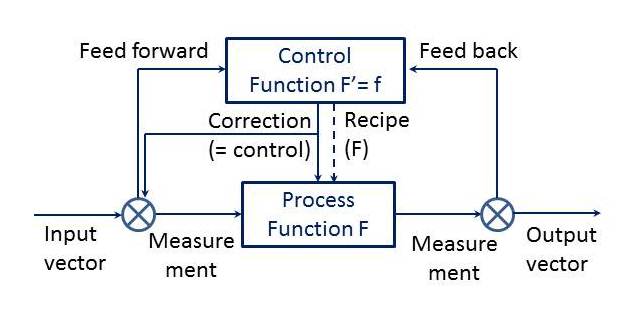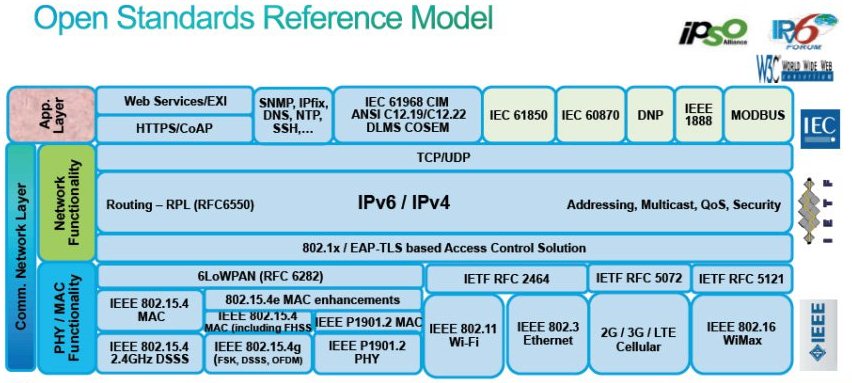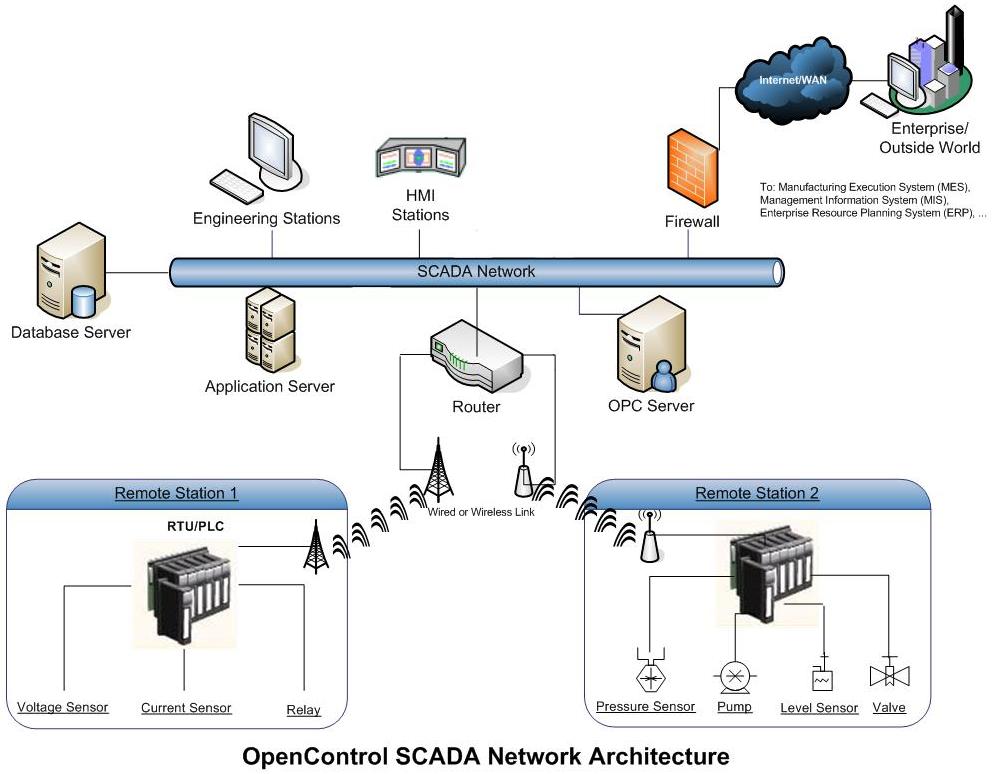As predicted, ERP has dropped from view in the world of business and/or tech.
Because reasons. Many of which have to do with the bigness of it all; one would really need to have a business so big to be able to capture all advantages of ‘seamless’ integration of systems into one, and not or, have to transform it so completely as to better have built the new one all from scratch (or schlepping in all the parts of the old, into the new mold). Which sort-of defeats the purpose. Completely.
Hence, the demise of ERP (as predicted here) has taken its final form. For now; we expect shrinkage of attention and market share to continue.
This, triggered by yet another laggard attempt i.e., by some government, to implement SAP througout at some Department but failed. Typical cost (overrun): €196M zooming out to €900M which only suffices to salvage some parts that work. Typically, because Reality didn’t seem to want to fit into the ideal mold set out but just went its own way, the way which it was on from before the start. Not even wrecking the project on purpose, just going along and not even noticing the project’s required changes as daily business had better things to do. As it was called: Where (the failure of) makeability [translations manufacturability and engineerability have also been seen in the wild] met reality.
So, no need to resort to Project Governance mumbo-jumbo. Just too big is reality, and:

[Huh? Well, it’s Cyprus Meridien but why ..?]

















